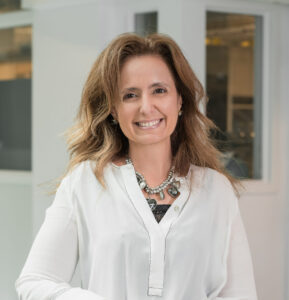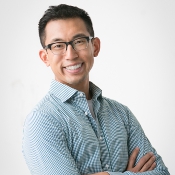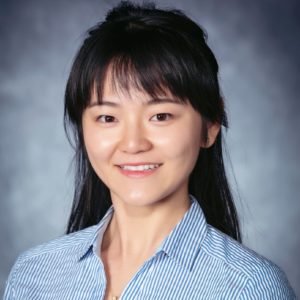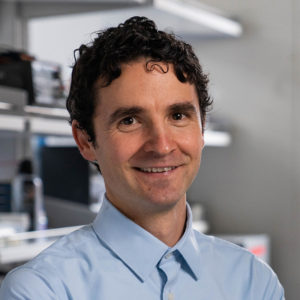Virtual Workshops – Technical Roadmap For Materials Science + Engineering Biology
EBRC – with support from the Division of Materials Research at NSF – invites you to contribute to a 20-year technical research roadmap for the convergence of materials science and engineering biology.
The roadmap is currently in the final drafting stage and we need experts to help continue to define and describe an ambitious future for basic research and development at the intersection of materials science and synthetic/engineering biology. At a time like this, we believe that it is more important than ever for scientists to help guide policymakers and funding agencies in how to best support scientific research, and technical roadmaps are a highly-impactful way to do that.
Registration is by invitation only, but anyone interested in attending should email eaurand@ebrc.org for more information.
Friday, October 16 | 11:00am – 2:00pm Eastern / 8:00am – 11:00am Pacific (Registration deadline: October 9)
Registration has closed – please contact eaurand@ebrc.org for more information
Tuesday, October 20 | 2:00pm – 5:00pm Eastern / 11:00am – 2:00pm Pacific (Registration deadline: October 13)
Registration has closed – please contact eaurand@ebrc.org for more information
Monday, October 26 | 12:00pm – 3:00pm Eastern / 9:00am – 12:00pm Pacific (Registration deadline: October 19)
Registration has closed – please contact eaurand@ebrc.org for more information
These virtual writing workshops (3 hours each) are focused on drafting and revising the roadmap. Workshops are organized as follows:
- Introduction of workshop participants and the current status of the roadmap;
- Drafting and revising of the roadmap’s technical themes (with a focus on processing, properties, and performance of materials from engineering biology). This includes describing the current state-of-the-art science and engineering and envisioning aggressive milestones for technical achievements that will contribute to the next generation of bio-inspired, bio-enabled, and living materials; and,
- Brainstorming ambitious and inspiring applications of these new materials and technologies and the technical achievements that will contribute to their realization.
A detailed agenda, participant instructions, and Zoom videoconferencing links will be emailed to registrants prior to each workshop.




